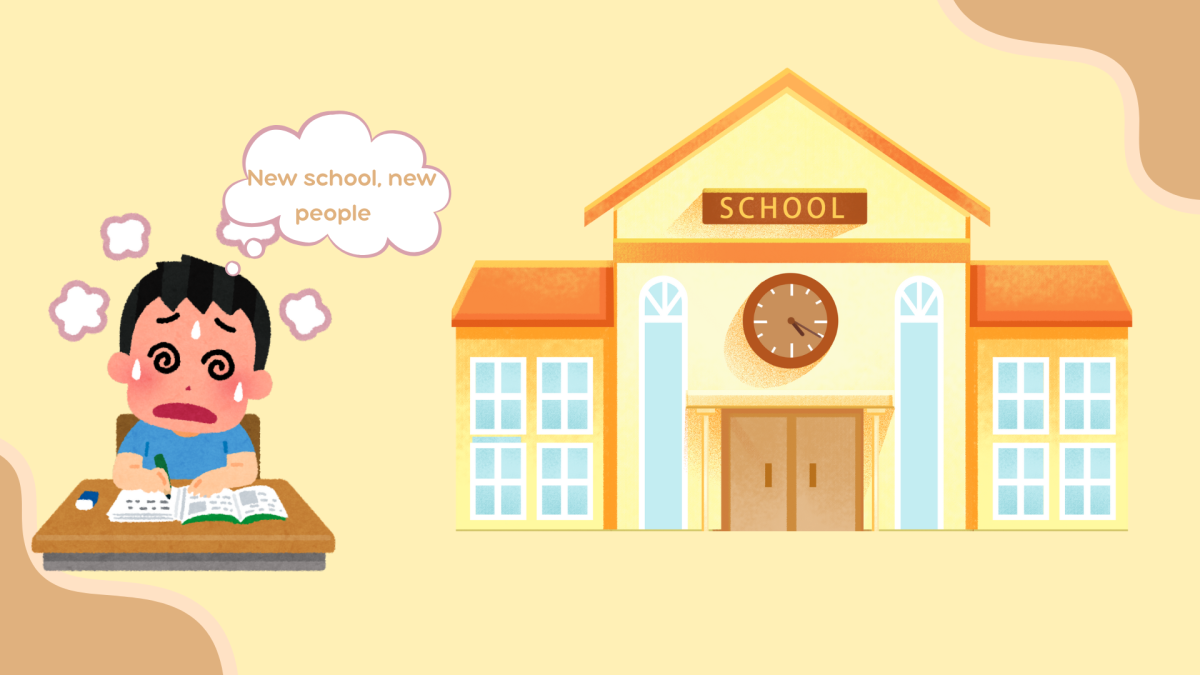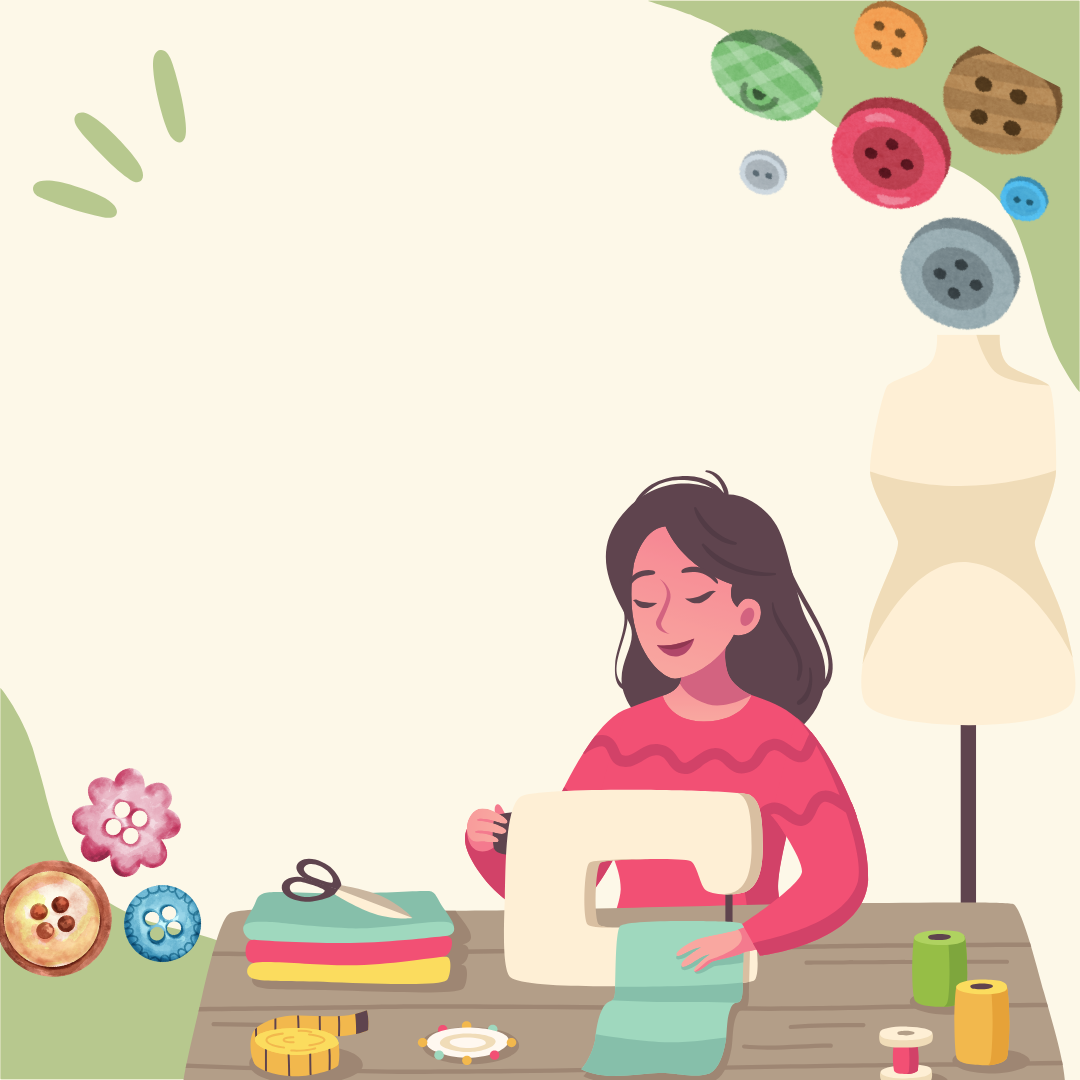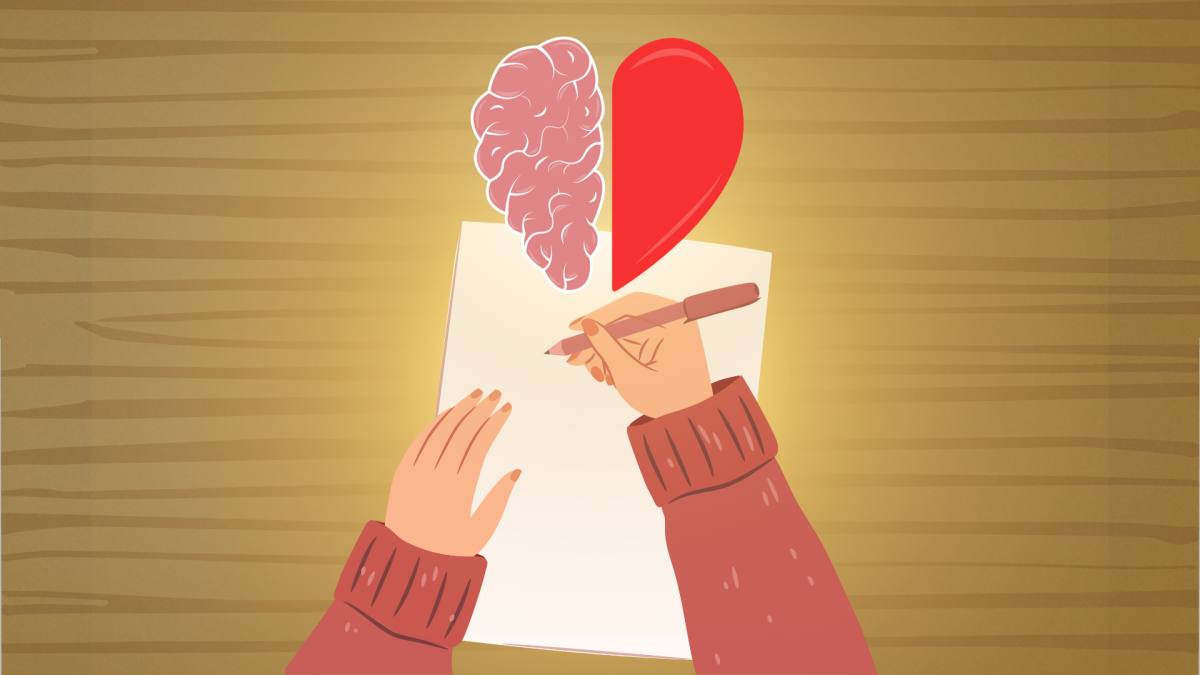Edgar Allen Poe, Rudyard Kipling and Emily Dickinson are only some of the most known poets today. The works of these famous poets has been taught in schools for its historical impact on people and society. Back then, poetry was strongly praised and recognized for its complexity. Its lack of simplicity was one of the reasons it flourished.
However, it is now looked down upon, and students are definitely not excited to learn about poems in class. It is not common to see modern poetry being written and school curricula isn’t including poetry as much anymore. Why is poetry slowly losing the hold it once had on people and society?
The most obvious reason is the fact that poetry is difficult to decipher rather than straight to the point, which induces frustration in most people. People tend to find poetry boring and irrelevant to their reality; they’re not interested in that. Poetry does not provide answers. Instead, it produces more questions within the reader, which can make the reader feel uncomfortable.
The evolution of technology is part of the reason why people aren’t as patient with poetry as they once were. It is also part of the reason why people are so used to and prefer straight-to-the-point concepts; this way, it is easier. Technology has made things simpler; the whole world is visible on any device, any question can be answered with just a few taps on a keyboard and conversations are mostly held online.
Timothy Beal, a writer and professor at Florence Harkness, speaks on what poetry does for a person through an article.
“[Poetry] slows us down, emphasizing the interdependency of concrete and abstract language, the productive tension that exists between words igniting immediate sensory perception, and words turning us toward more conceptual fields of thought,” Beal said.
People don’t give themselves the time or opportunity to indulge in the complexity of poetry. Poetry is a way of perceiving life and it provides people with newfound imagination and creativity. The art of poetry should be seen as a personal experience, one that now many people don’t get to have.
A personal experience is something most people hold close to their heart, maybe it was a moment of self-discovery, a life changing moment or something more simple but matters deeply to that person. Poetry can give the reader that sense of experience, it can provide them with mental support, comfort, happiness, humor and an overall boost in their mood when they really need it.
However, poetry isn’t just a happy thing, it also can worsen someone’s emotional and mental state. Some poems can make the reader feel depression, guilt, grief, anger, loneliness and more. Feeling these emotions can really change the perspective someone has; it can also help them become more in touch with their own emotions, maybe even some they’ve repressed.
This does not make poetry a bad thing; poetry’s main objective is to allow the reader to truly feel connected to something. However, if a poem doesn’t make the reader feel something
“deep,” that doesn’t mean the poem “doesn’t work” or doesn’t make sense.
In the same article by Timothy Beal, he mentions Robert Frost’s idea on a poem’s task: “if you find poetry boring, stay with that boredom, see where it takes you.”
A poem doesn’t always have to make the reader feel a very deep and specific emotion; some poems can make the reader feel things as simple as hope, surprise, disgust, sadness, etc.
“[Poetry’s] powerful combination of words, metaphor and meter help us better express ourselves and make sense of the world and our place in it,” said IAM Lab Communications Specialist Richard Sima in an article.
This helps with our mental health in so many ways. Middle College junior, Oscar Hernandez, reads and writes poetry from time to time. He likes to use poetry as a way to express and process his emotions and experiences. His enjoyment of poetry has allowed him to appreciate other art forms and open his mind a little more.
“I began to look at poetry in a different way than before, more as art than simple writing,” said Hernandez.
Poetry should continue to be encouraged in schools and in everyone’s personal lives because of its many benefits to the heart and mind. People just have to allow themselves to be curious, uncomfortable and open.


































